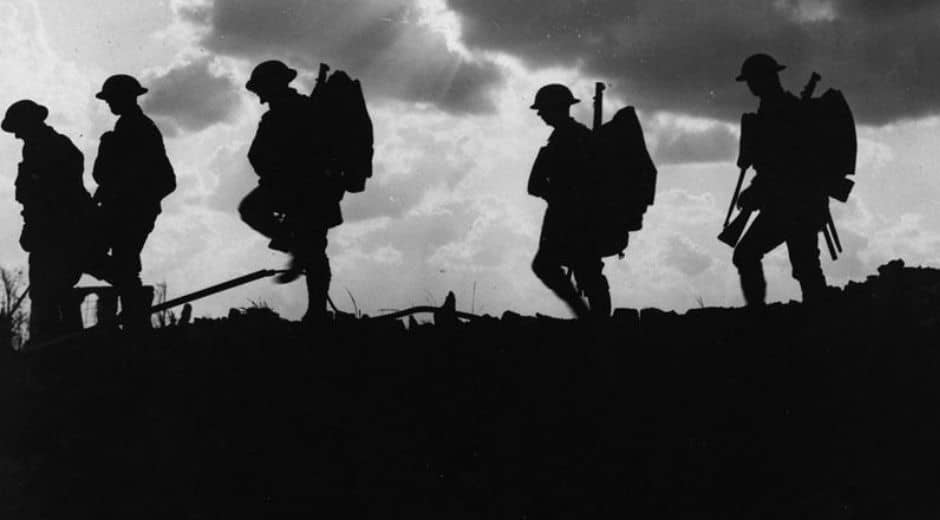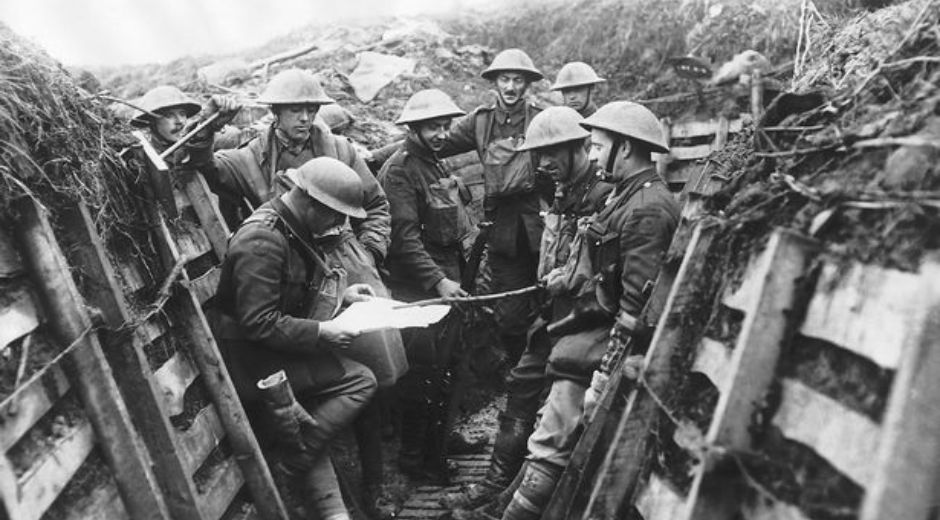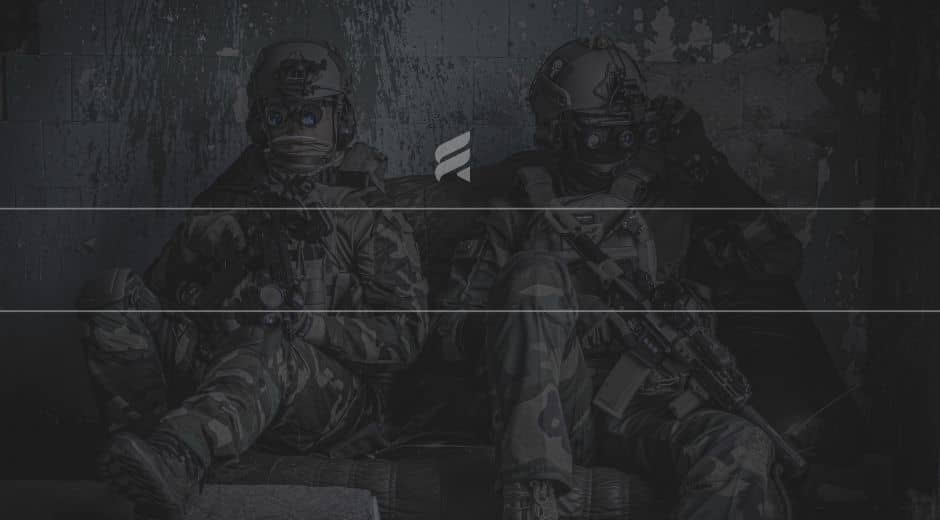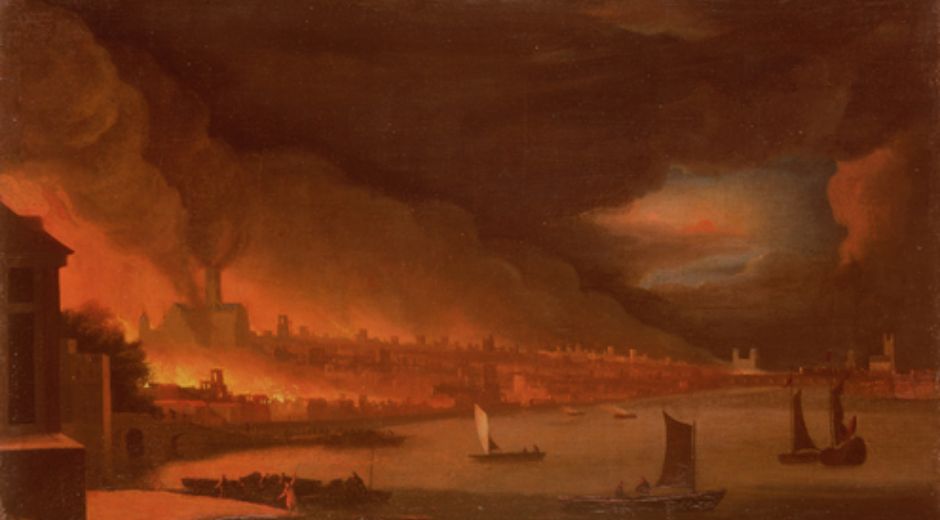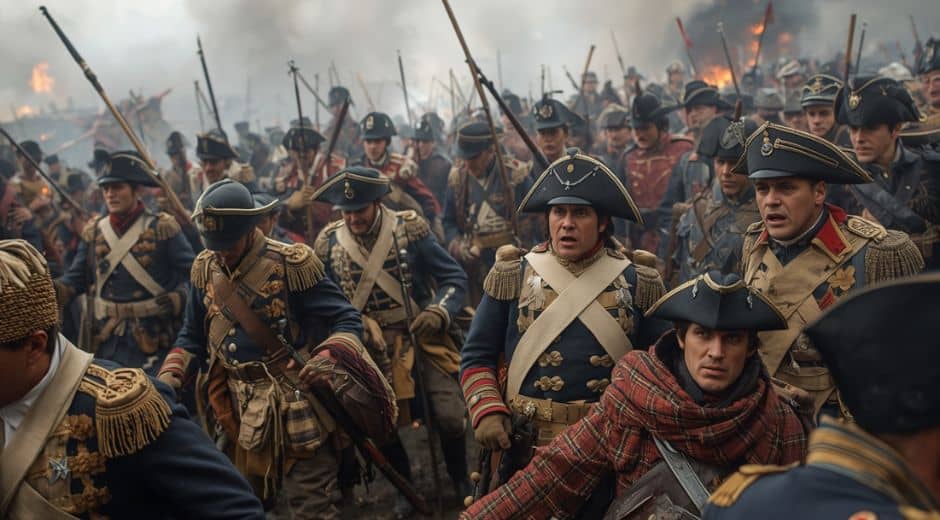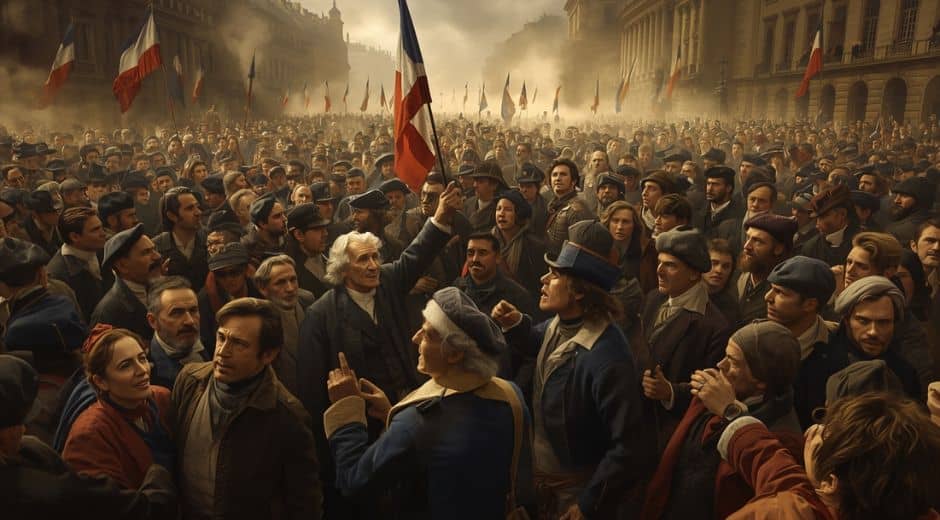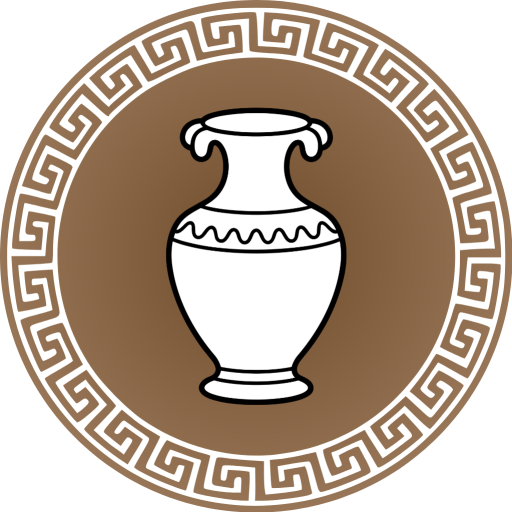The Fire Before Freedom: Revolutions That Redefined Nations
The Fire Before Freedom: Revolutions That Redefined Nations
Every age of Freedom begins with fire — not only the kind that burns cities and crowns, but the one that ignites within human spirit. Before independence was celebrated in squares and parliaments, it flickered quietly in hearts, in whispers, in words banned by kings.
Revolutions rarely arrive as thunder. They grow from slow friction: hunger, inequality, ideas. What begins as a murmur in a café or a pamphlet in a marketplace can become the roar that topples empires. Each uprising, from Paris to Petrograd, began with a single truth — that Freedom is rarely given; it is claimed.
The Seeds of Defiance
The eighteenth and nineteenth centuries were crucibles of transformation. People had grown weary of monarchies, economic oppression, and systems designed to keep them silent. Revolt was not a choice but an inevitability.
The American colonies first demonstrated what the world would later emulate — citizens rising not against a neighbor but against a structure that denied them representation. Across the Atlantic, the French Revolution turned philosophical ideals into blood and law.
As History.co.uk recounts, the storming of the Bastille was more than a prison break; it was a symbolic rupture between obedience and awakening. The cry of liberté echoed far beyond France, resonating with others who had felt invisible for too long.
The Machinery of Change
Revolutions are rarely clean. They devour the old to birth the new. Each movement that fought for Freedom also wrestled with contradictions — between vision and violence, justice and revenge.
The Industrial Revolution, for instance, promised progress but created new hierarchies. Workers who once toiled under feudal lords now labored for machines and corporations. Yet within that paradox lay new forms of resistance: unions, strikes, and social revolts that demanded dignity alongside production.
As chronicled by Fixolix, history shows that technological advancement without equality only deepens division. It takes rebellion — organized or spontaneous — to redirect progress toward humanity.
The Flame of Thought
Every political revolt begins as an intellectual one. Ideas are the silent weapons of any Freedom movement. Philosophers, writers, and poets became as dangerous as soldiers. Jean-Jacques Rousseau’s The Social Contract, Thomas Paine’s Common Sense, and Karl Marx’s Communist Manifesto were not mere texts — they were blueprints for transformation.
Books crossed borders more easily than armies. Print became a revolution’s most faithful ally. The power of thought turned nations inside out, teaching people not only how to fight but why.
At Chronostual, we explore how these intellectual fires endure — how each generation redefines Freedom through its own vocabulary of resistance.
Women and the Unwritten Revolutions
While the spotlight often fell on generals and statesmen, the true architects of endurance were women. From Olympe de Gouges’ declaration of women’s rights to the suffragettes who chained themselves for the vote, every battle for Freedom widened its meaning.
Revolution is never finished when half of society remains unheard. In every march, in every manifesto, women turned domestic spaces into networks of dissent. Their courage reshaped revolutions from singular acts of rebellion into collective awakenings.
Between Fire and Fracture
No revolution is pure. The same fires that liberate can consume. The Reign of Terror in France, the purges following the Russian Revolution, the civil wars that shadowed independence movements — all remind us that Freedom carries a cost.
But in every aftermath, societies rebuild themselves stronger, more aware. The chaos of change becomes the soil where new rights, institutions, and identities grow. Every constitution written after revolt carries both pride and warning — a reminder that liberty must be guarded as fiercely as it was won.
The Global Chain Reaction
Revolution is contagious. Once one nation breaks free, the idea spreads faster than armies can contain it. The Haitian Revolution proved that enslaved people could shatter empires. Latin America’s liberation waves under Bolívar inspired Africa and Asia a century later.
By the twentieth century, revolutions had evolved beyond battlefields — they entered factories, classrooms, and digital spaces. The Cold War became an ideological conflict of Freedom versus control, each side claiming moral supremacy.
And yet, through all propaganda and politics, the human desire for self-determination persisted. The global march toward autonomy became unstoppable.
The Modern Meaning of Freedom
Today, Freedom is no longer just a national pursuit; it’s personal, digital, and psychological. Revolutions now happen online as often as on the streets. Hashtags replace banners, and information spreads faster than any secret police can erase.
Still, the core remains unchanged. Whether fighting censorship, inequality, or environmental collapse, the struggle is the same: the right to exist fully, to be seen, to choose.
The revolutions of our ancestors gave us voices; the revolutions of today challenge us to use them wisely.
Lessons from the Flames
If history teaches anything, it’s that Freedom is cyclical — earned, tested, and renewed. Each generation inherits not perfection, but potential.
The fires that once burned in Boston, Paris, and Warsaw now smolder in hearts across the globe. They remind us that liberty is a practice, not a trophy. It demands vigilance, empathy, and courage.
When we honor the revolutions of the past, we’re not glorifying destruction — we’re celebrating rebirth.
The Eternal Fire
The Freedom we know today stands on centuries of struggle. It was not gifted by rulers but carved by dreamers, thinkers, and rebels.
Their defiance built the frameworks of democracy, justice, and human rights that shape modern civilization. And yet, the same battles echo still — not with muskets and cannons, but with voices, votes, and vision.
At Chronostual, we believe that understanding yesterday’s fires helps us protect tomorrow’s light. The story of Freedom is not finished; it’s still being written — every time someone dares to question, to hope, to begin again.
History Insight Legacy
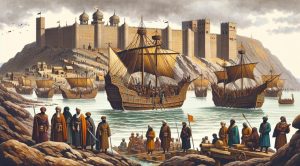
How Imperial Expansion Changed Borders And Cultures Forever
How Imperial Expansion Changed Borders And Cultures Forever
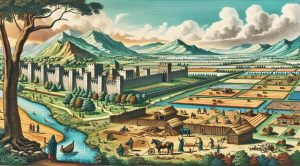
The Rise And Fall Of Early Kingdoms In World History
The Rise And Fall Of Early Kingdoms In World History

Lost Civilizations And What Archaeology Reveals About Them
Lost Civilizations And What Archaeology Reveals About Them





